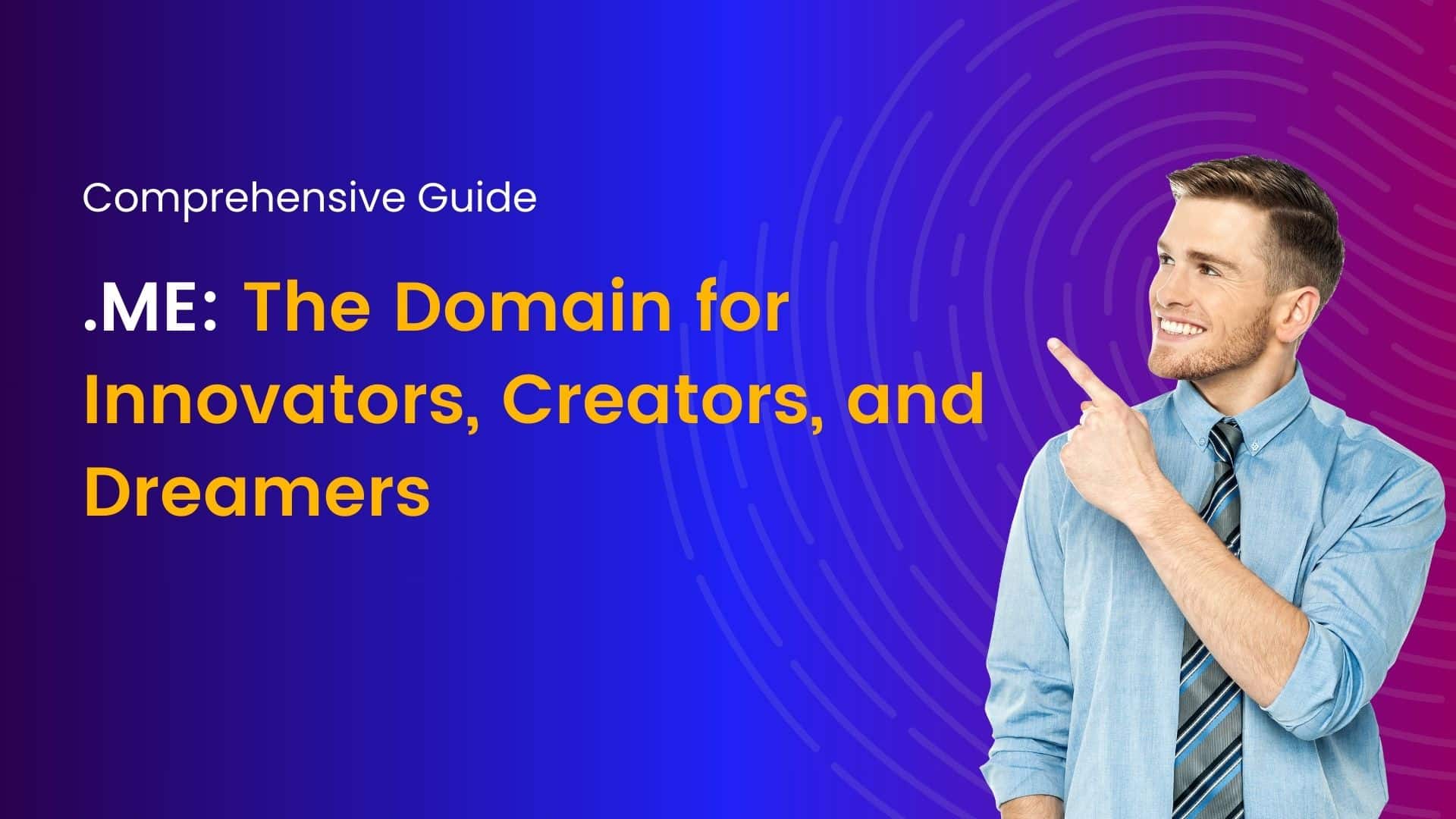Artificial Intelligence: Definition & Real-World Applications
Artificial intelligence (AI) has been a buzzword in the technology industry for several years now. With advancements in machine learning algorithms and the exponential growth of data, AI has become an increasingly popular topic of discussion among both technical and non-technical people alike. In this article, we’ll dive into the definition of AI and explore some of the real-world applications of this exciting technology.
What is Artificial Intelligence?
Artificial intelligence refers to the simulation of human intelligence in machines that are programmed to think and act like humans. This technology involves the use of algorithms, mathematical models, and computer software to enable machines to perform tasks that would typically require human intelligence, such as visual perception, speech recognition, decision-making, and language translation.
There are various branches of AI, including:
- Machine learning: the use of algorithms to enable machines to learn from data, without being explicitly programmed.
- Natural language processing (NLP): the use of AI to understand and generate human language.
- Robotics: the use of AI to design and control robots, including autonomous robots.
- Computer vision: the use of AI to enable machines to recognize and understand visual information.
Real-World Applications of Artificial Intelligence
Artificial intelligence has a wide range of applications in various industries, including healthcare, finance, transportation, and retail, to name a few. Here are some of the most common real-world applications of AI:
Healthcare
One of the most promising applications of AI in healthcare is the use of machine learning algorithms to improve the accuracy of diagnoses and treatments. AI can help healthcare professionals analyze large amounts of patient data, identify patterns and correlations, and make more informed decisions about patient care. For example, AI algorithms can be used to analyze medical images, such as x-rays and MRI scans, to help detect diseases and conditions such as cancer and heart disease at an early stage.
Finance
AI is also having a major impact on the finance industry. Many financial institutions are using AI to improve their risk management processes, detect fraud, and make more informed investment decisions. For example, AI algorithms can be used to analyze vast amounts of financial data, such as market trends and consumer spending patterns, to help identify investment opportunities and make predictions about future market trends.
Transportation
AI is also being used to improve transportation systems. Self-driving cars are gaining popularity, with AI crucial in helping them navigate roads and make real-time decisions. AI also optimizes logistics and supply chain management, reducing costs, improving efficiency, and speeding up deliveries.
Retail
Finally, AI is having a major impact on the retail industry. Many retailers are using AI to improve their customer experience and increase sales. AI algorithms can analyze consumer data, like purchase history and browsing behavior, to personalize product recommendations and enhance targeted advertising.
Conclusion
Artificial intelligence is a rapidly growing technology that has the potential to transform a wide range of industries. AI is enhancing processes, boosting efficiency, and aiding decision-making across industries like healthcare, finance, transportation, and retail. As technology evolves, even more innovative AI applications are on the horizon.
Join me on a journey of discovery through our blogs, where I share valuable insights, tips, and trends in web hosting and technology. From optimizing website performance to exploring emerging technologies, you'll find everything you need to stay ahead in the digital world. Let's connect, learn, and grow together.



















